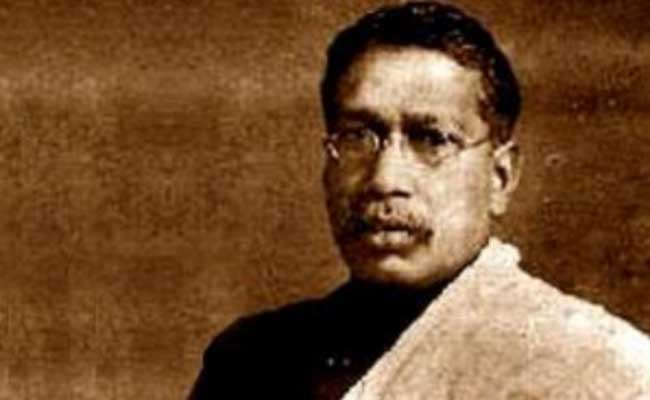Rabindranath Tagore was one of the most prominent literary figures in the Indian subcontinent. He was a poet, novelist, philosopher, musician, and painter, among other things. His contribution to Indian literature and culture is immeasurable. In this article, we will look at his life, works, and his impact on Indian literature.
Early Life
Rabindranath Tagore was born on May 7, 1861, in Calcutta, British India. He came from a wealthy and cultured family, and his father was a respected philosopher and writer. Tagore was homeschooled by his father and other tutors until the age of 17, when he was sent to England to study law. However, he dropped out after a year and returned to India.
Literary Career
Tagore’s literary career began in the late 1870s, when he started publishing poems in Bengali. He quickly gained a reputation as a talented writer and was soon considered one of the leading figures in the Bengali literary scene. His early works were marked by a deep sense of spirituality and a focus on nature and the human condition.
In 1913, Tagore became the first non-European to win the Nobel Prize in Literature, for his collection of poems titled Gitanjali. The collection, which was translated into English by Tagore himself, brought him international acclaim and helped to establish him as a major literary figure.
Tagore’s writing was characterized by its lyrical quality, its use of symbolism and metaphor, and its exploration of themes such as love, death, and the meaning of life. His works often incorporated elements of traditional Indian culture and spirituality, but also reflected his interest in Western literature and philosophy.
Some of Tagore’s most famous works include the novels The Home and the World and Ghare-Baire, as well as the play The Post Office. He also wrote numerous collections of poems and short stories, as well as several essays on a variety of topics.
Social and Political Views
Tagore was not only a writer but also a social and political thinker who was deeply concerned with the fate of his country and its people. He was a vocal critic of British colonialism and worked tirelessly to promote Indian independence.
In addition to his political activism, Tagore was also involved in various social and educational projects. He founded a school called Shantiniketan, which was based on the principles of holistic education and sought to promote cultural exchange and understanding between people of different backgrounds.
Later Life and Legacy
Tagore continued to write and publish until his death in 1941. His influence on Indian literature and culture was profound, and he is still widely regarded as one of the country’s greatest literary figures.
In addition to his literary and social contributions, Tagore’s music also had a significant impact on Indian culture. He composed over 2,000 songs, many of which have become beloved classics in India and beyond.
Conclusion
Rabindranath Tagore’s life and work exemplify the richness and diversity of Indian culture. He was a writer, philosopher, social reformer, and musician, who made significant contributions to each of these fields. His works continue to inspire and influence people around the world, and his legacy is an enduring reminder of the power of literature and the arts to bring people together and promote understanding and compassion.
![]()





